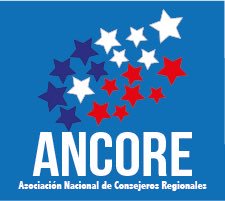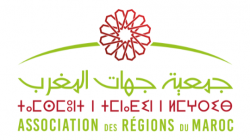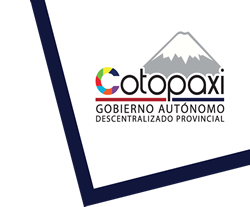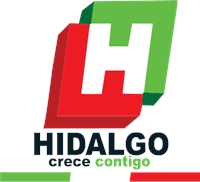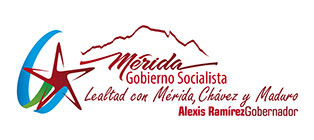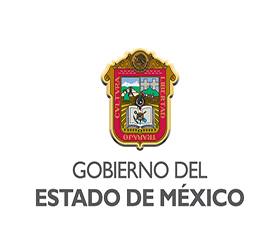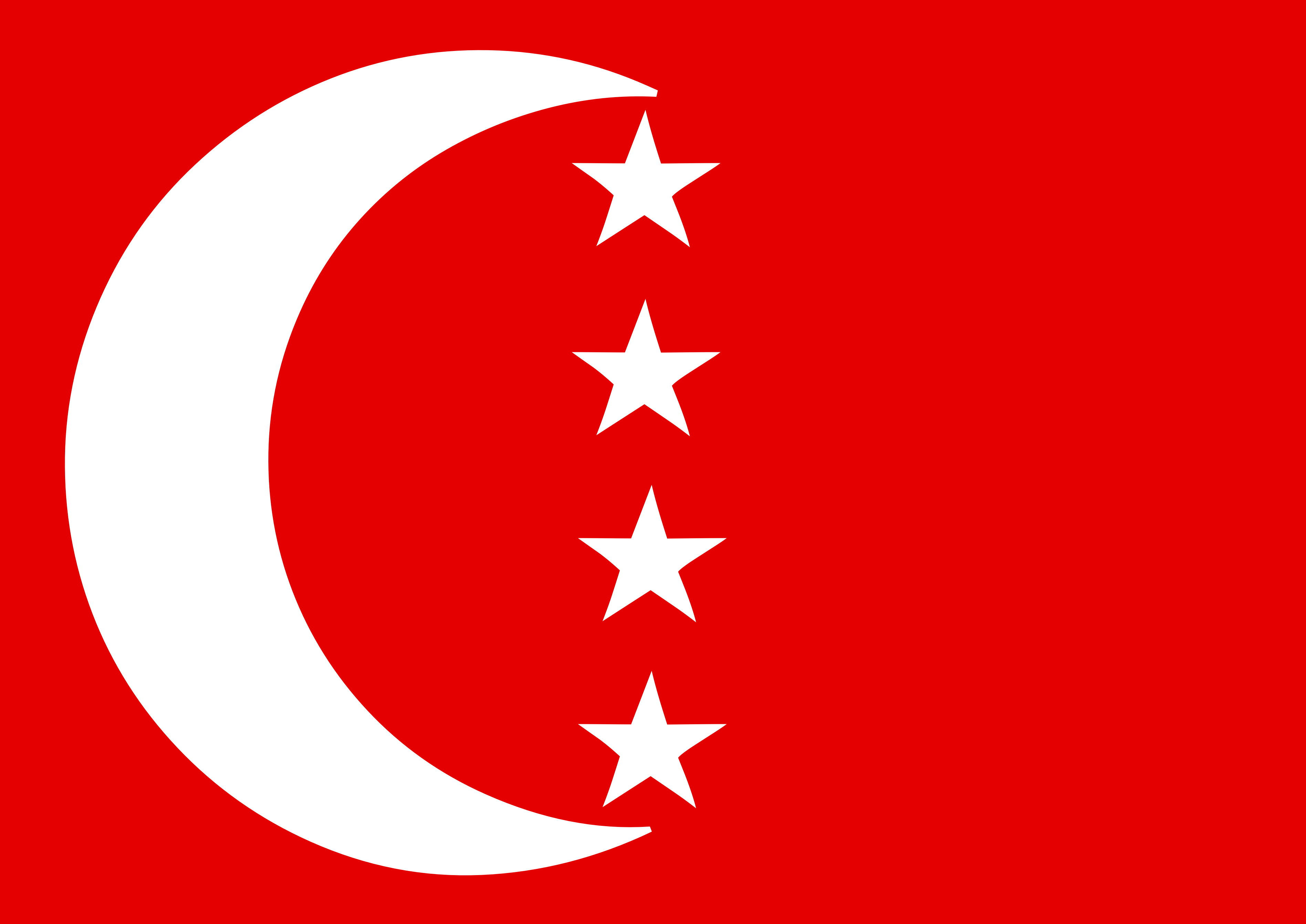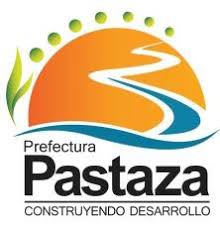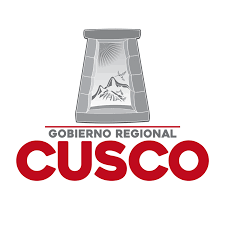The projects against gender violence won the VIII Regional Best Practices Awards
On November 20th, during the Annual Assembly of the United Regions Organization, President Rachid El Abdi announced the five projects recognized by the VIII Regional Best Practices Awards. This initiative, jointly convened for the eighth time by ORU Fogar and UNDP, highlighted technological projects in 2021, particularly those enhancing connectivity, and agricultural and environmental projects in 2022, with a focus on SDG 12 "Responsible Consumption and Production." In 2023, the first three awarded projects are dedicated to gender equality, specifically addressing the challenge of violence against women.

The top prize was awarded to Argentina, specifically the province of Córdoba, while the following two went to the Republic of Ecuador, to the provinces of Manabí and Pichincha. These initiatives have not only emerged in response to gender-based violence but have also evolved into comprehensive models promoting equity in various aspects of women's lives. Córdoba's outstanding work with its "Polo Integral de la Mujer" was particularly highlighted. The second prize went to the project titled "Strengthening Women's Support Networks for the Comprehensive Initial Care of Women Victims of Violence and Prevention of Gender-Based Violence in 14 Rural Communities in the Province of Manabí," noteworthy for its territorial commitment. The inspiring Warmi Pichincha Comprehensive Rights Protection Center received the third prize.
Córdoba's initiative in Argentina stands out as a pioneer, evolving from its origins as a shelter for women victims of violence to a comprehensive approach model. This initiative's focus extends beyond cases of gender-based violence, actively promoting equality between men and women in all aspects. Initiatives include expanding rights, creating tools for caregiving, and promoting instances of political participation and healthcare.
One notable aspect of the Integral Women's Center is the provincial network of childcare facilities, a project that emphasizes child care alongside the provision of essential resources, human resources training, and a strong commitment to early stimulation for the integral development of children. Indeed, this project provides care and protection to vulnerable children, allowing women to work or study with the assurance that their children are in a secure environment.
In Manabí, Ecuador, the provincial government's project addressed a serious issue: according to official data, a feminicide occurred every 26 hours in the province. In 2022, there were 412 cases of violent deaths of women due to gender reasons. The project aims for a comprehensive transformation of the situation of violence that women face. The proposal provides tools for women to develop themselves and transform situations of violence. The social foundation is the Santa Marta Women's Association, present in all 22 cantons with a network of over 120 affiliated local women's organizations. They have been developing processes of dignification and social inclusion for 35 years, demonstrating the sustainability and viability of social transformation processes led by organized women. In any case, the province successfully implemented 14 centers for the comprehensive initial care of women victims of violence, providing immediate assistance during the project's first phase to more than 40 women and 160 accompanying children and adolescents. These centers offered safe spaces, providing comprehensive support from the professional team.
Also in Ecuador, the Provincial Government of Pichincha has established the Warmi Pichincha Comprehensive Rights Protection Center to address the issue of the high number of feminicides occurring in the region. In addition to providing legal counseling and social and psychological support services, the center serves as a stronghold in the prevention and eradication of sexist violence. With a focus on women, girls, and adolescents victims of gender-based violence, the center has a multidisciplinary team composed of lawyers, psychologists, and social workers. These professionals provide legal advice and representation, as well as mediation services and assistance to individuals in mobility situations. Furthermore, the center is committed to restoring the rights of victims that have been violated.
These three cases are inspiring examples of how communities can comprehensively address challenges related to gender equality. Besides tackling a significant issue like gender-based violence, these initiatives also aim to empower women, promote equity in various areas, and build more just and inclusive societies. With the award, ORU Fogar and PNUD recognize and celebrate these efforts as "Good Practices," serving as beacons to guide other regions in the search for effective and sustainable solutions.
The Bolivian Department of Santa Cruz deserved the fourth award with a project on a topic that had never been recognized by any of the 40 projects highlighted in the 8 editions of this award, forming the Bank of Regional Good Practices of ORU Fogar: emergency management. "Santa Cruz Disaster Response" is a program that organizes and coordinates civil society, institutions, and economic sectors to address disasters, training the population while implementing an alarm system and all technical capabilities to prevent emergencies.
The last of the awarded projects is titled "Comprehensive Management of Urban Solid Waste and Energy Recovery" from the Argentine province of Jujuy. The project operates the Jujuy Environmental Center and the San Pedro Transfer and Sorting Station, facilities built through financing from the Inter-American Development Bank (IDB). With these installations, waste solutions are provided to the three jurisdictions of the metropolitan area of the province's capital.


